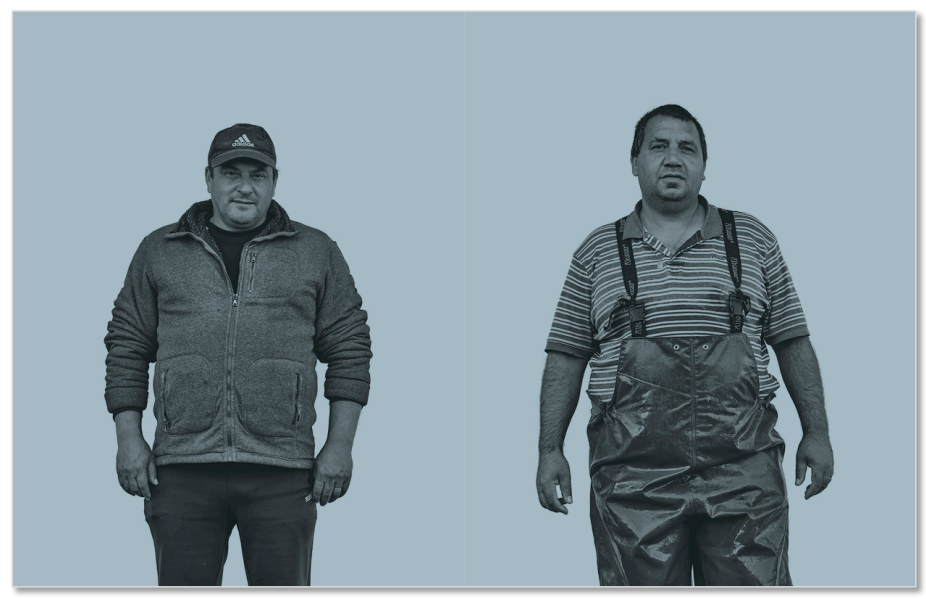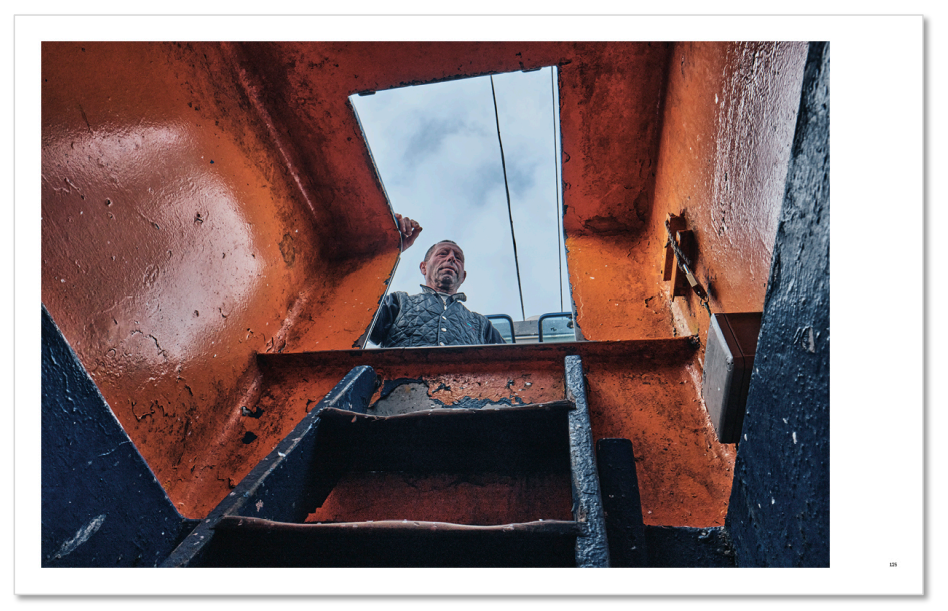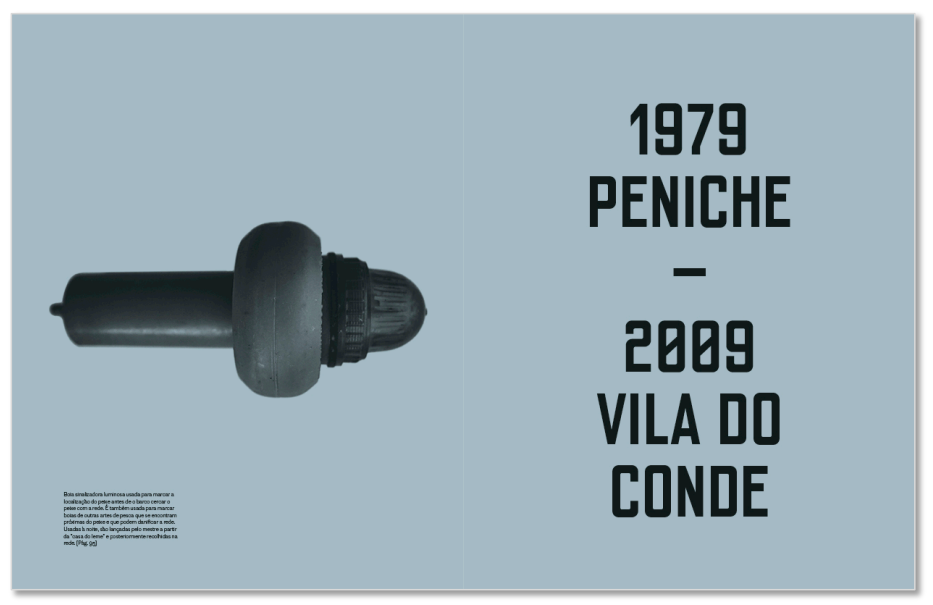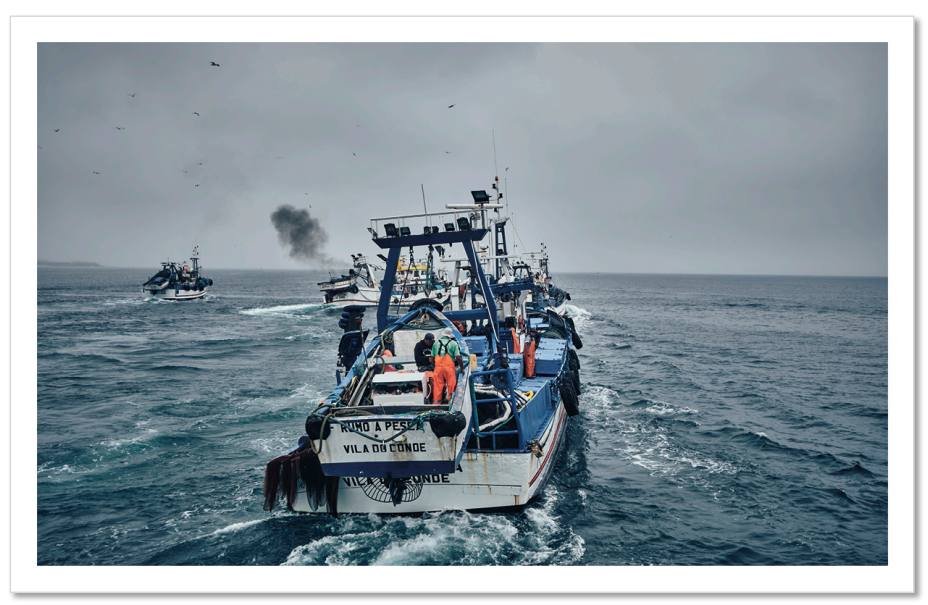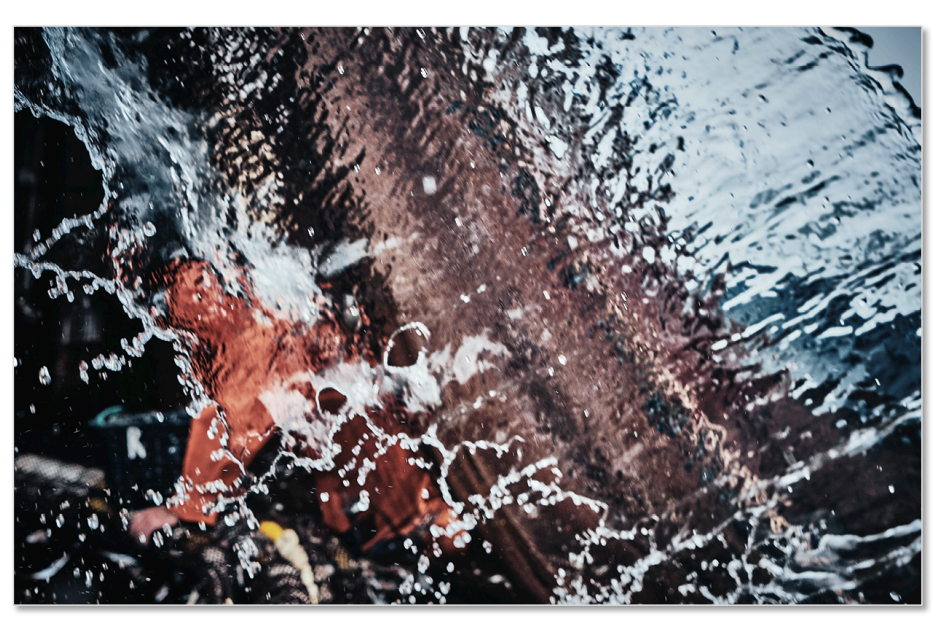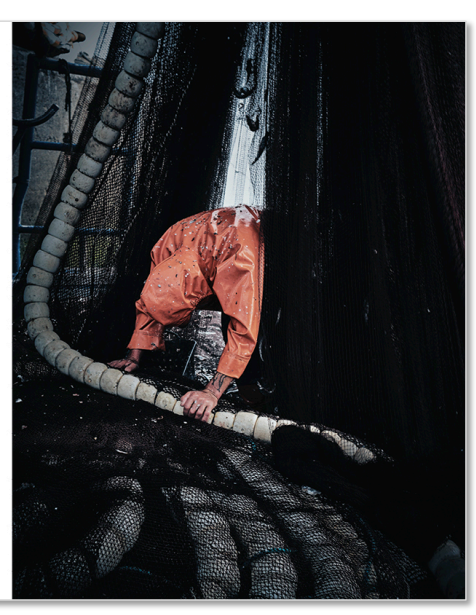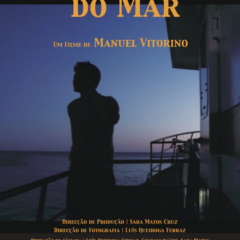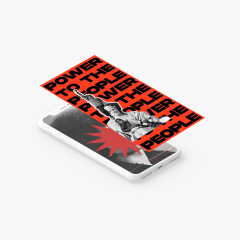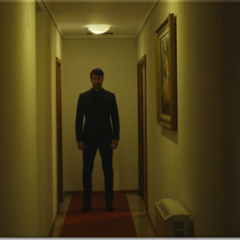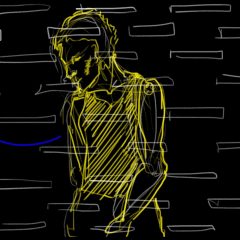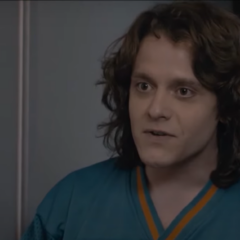Autoria
Helder Luís Moreira da Silva
Orientador(es)
Adriana Baptista
Doutora Ângela Ferreira
Ano
2021
Curso
Mestrado em Comunicação Audiovisual – Fotografia e Cinema Documental
Resumo
PT
Procurou-se com este ensaio entender de que modo o mar pode ser um espaço adverso ao fotógrafo no contexto da pesca e entender como este ultrapassa essas dificuldades, inerentes ao meio, ao habitar esse espaço com a sua máquina fotográfica e experienciar o mar não apenas como um espaço exterior a si, mas como um imenso espaço interior que faz parte de si. Reflete-se sobre a ligação quase umbilical que temos com o mar contextualizando-o em termos de simbologia e no que diz respeito à inegável presença em termos culturais e artísticos de forma transversal, desde à arte rupestre até à arte contemporânea, que abraçou o mar como símbolo e manifestação do estado em que a nossa civilização se encontra. Essa reflexão abre o caminho para a discussão sobre a sua presença na fotografia documental, mais especificamente no trabalho de três fotógrafos que ajuda a entender o papel e a experiência do fotógrafo neste meio tão adverso à fotografia. O trabalho de cada um deles foi abordado de forma diferente. Com Pepe Brix foi realizada uma entrevista, com Jean Gaumy foi feita uma biografia documentada e por fim com Corey Arnold analisou-se uma imagem. A realização deste ensaio levou ao desenvolvimento de um trabalho prático de fotografia com bastante profundidade e que se estendeu por vários meses e que consistiu no acompanhamento da atividade de uma embarcação em particular e é o resultado de um trabalho pessoal ainda mais abrangente dedicado ao mar e à pesca em Portugal que vem a ser desenvolvido há vários anos e que tem acompanhado de perto dezenas de embarcações do norte de Portugal. Neste trabalho investiga-se a história da traineira “Rumo à Pesca” e documenta-se, através de duas viagens e encontros em vários portos ao longo da costa, o trabalho e a vida destas pessoas. Este trabalho foi materializado num livro de fotografia intitulado “Rumo à Pesca” que representa a experiência prática e o contacto com a realidade da pesca e do mar.
EN
This essay sought to understand how the sea can be an adverse space for the photographer in the context of fishing and to understand how the photographer overcomes these difficulties, inherent to the environment, when inhabiting that space with his camera and experiencing the sea not just as a space outside him, but as a huge interior space that is part of himself. It reflects on the almost umbilical connection that we have with the sea, contextualizing it in terms of symbology and with regard to the undeniable presence in cultural and artistic terms in a transversal way, from rock art to contemporary art, which embraced the sea as a symbol and manifestation of the state in which our civilization finds itself. This reflection opens the way for the discussion about its presence in documentary photography, more specifically in the work of three photographers that helps to understand the role and the experience of the photographer in this environment so adverse to photography. Each of their work was approached differently. An interview was conducted with Pepe Brix, a documented biography was made with Jean Gaumy and finally an image was analyzed with Corey Arnold. The realization of this essay led to the development of a practical work of photography with considerable depth, which lasted for several months and which consisted of monitoring the activity of a particular fishing boat and is the result of an even more comprehensive personal work dedicated to the sea and fishing in Portugal that has been in development for several years and that has closely followed dozens of fishing boats from the north of Portugal. In this work, the history of the trawler “Rumo à Pesca” is investigated and the work and lives of it’s workers is documented throughout two trips and meetings in various ports along the coast. This work was materialized in a photography book entitled ” Rumo à Pesca ” that represents the practical experience and the contact with the reality of fishing and the sea.

